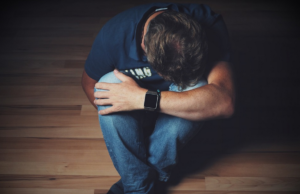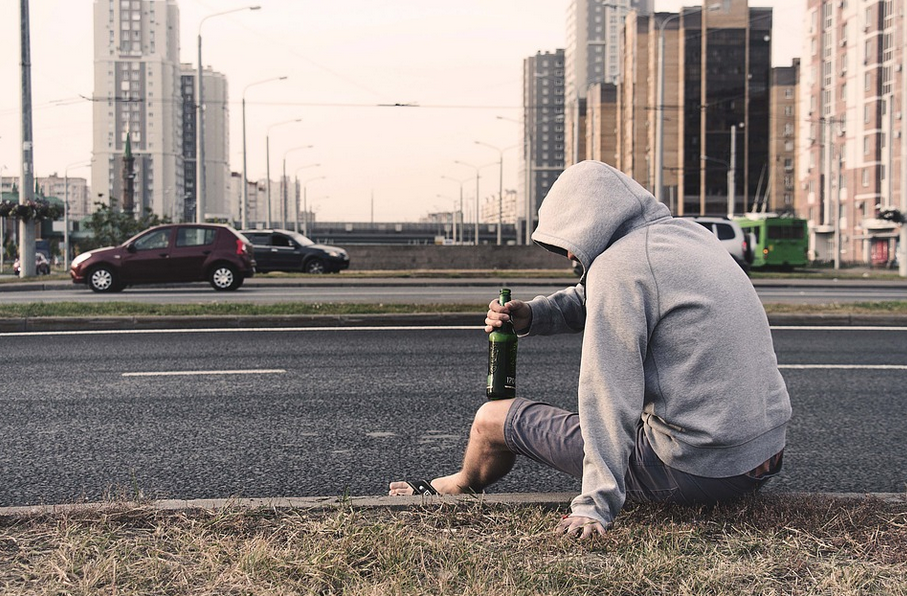Most Common Reasons for Addiction Relapse and How to Avoid Them
Addiction relapse is a common occurrence, especially after long periods of sobriety. In fact, according to the National Institute on Drug Abuse, approximately 40-60% of people who have been treated for addiction will relapse at some point in their lives. If you’ve gone to the thailand drug rehab or any other rehab facility and now you feel much better, there is always a chance of relapse. That’s why learning and figuring out the reasons for addiction relapse could really be some help. It’s also a good idea to learn how to avoid them. This post will pinpoint the top four reasons for addiction relapse and how to prevent them.
Withdrawal Symptoms
The most common reason for relapse is due to withdrawal symptoms. When people are addicted to drugs and alcohol, their body gets used to their presence. When they suddenly stop taking these substances, their bodies will have difficulty adjusting, which may cause physical or psychological discomfort. Withdrawal symptoms can vary from person to person, but some common ones include nausea, headaches, sweating, insomnia, depression, and anxiety. So, be aware of the symptoms that may occur after quitting and speak to your doctor about how best to manage them.
Mental Health Issues
 Mental health issues such as depression, anxiety, trauma, and stress can make it difficult to maintain sobriety. For example, if someone is dealing with a lot of stress in their life or has a traumatic experience that triggers the urge to use drugs again. A recent study found that people with mental health issues are more likely to relapse within the first year of quitting. Therefore, it’s always a good idea to identify any underlying mental health issues and seek treatment if necessary.
Mental health issues such as depression, anxiety, trauma, and stress can make it difficult to maintain sobriety. For example, if someone is dealing with a lot of stress in their life or has a traumatic experience that triggers the urge to use drugs again. A recent study found that people with mental health issues are more likely to relapse within the first year of quitting. Therefore, it’s always a good idea to identify any underlying mental health issues and seek treatment if necessary.
Poor Self-Care
We might think quitting the substance is enough to stay sober, but this isn’t always the case. Practicing self-care can be an effective way to ensure that you remain sober. Self-care includes activities like going for walks, meditating, reading books, and getting enough sleep, among others. Having a regular routine and participating in activities that bring you joy can be beneficial in avoiding relapse.
Not Supportive People
 Apart from these three factors, a network of family and friends can make or break your resolve to stay sober. People who are not supportive of your recovery can be a major trigger for relapse and should be avoided. Surround yourself with people who will encourage you and remind you why staying clean is important. That’s why it’s more than important to build positive relationships with people who understand your journey and can provide you with the support you need.
Apart from these three factors, a network of family and friends can make or break your resolve to stay sober. People who are not supportive of your recovery can be a major trigger for relapse and should be avoided. Surround yourself with people who will encourage you and remind you why staying clean is important. That’s why it’s more than important to build positive relationships with people who understand your journey and can provide you with the support you need.
Overall, addiction relapse is a common occurrence that needs to be addressed in order to maintain sobriety. However, you have a better chance of staying sober by understanding the top four reasons for relapse and taking steps to prevent them. Make sure you’re aware of potential triggers, practice self-care, and seek out supportive people to help you in your recovery journey. Above all else, don’t be afraid to ask for help if needed.

